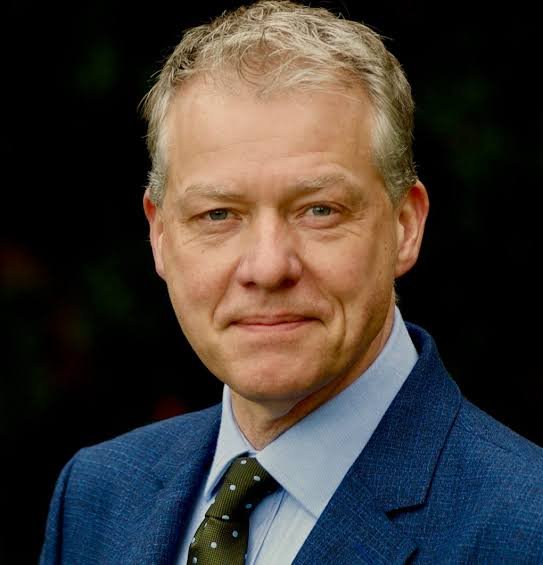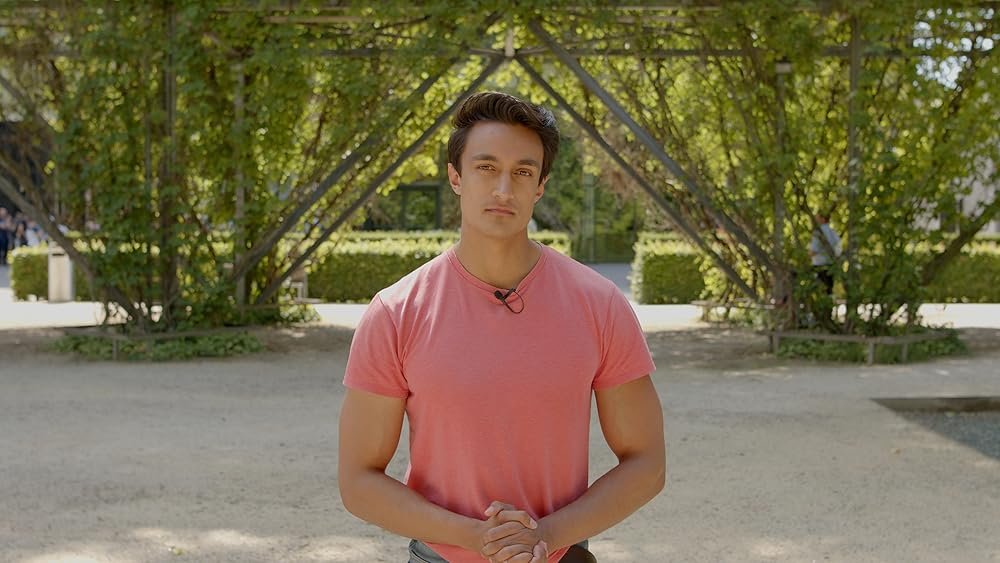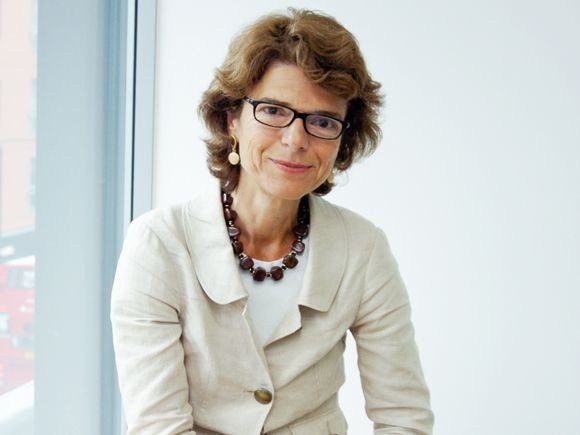MUSIC ON MAIN
THE HOOSIERS
THE MERCIANS
ROBINAUGUST
JENNA DOE
DJ SETS BY
VVN * BRATATTACK * VIOLANE * LILITH
FEATURING SPEAKERS FROM

2025 programme
DEBATE PROGRAMME schedule
Borders, Boats and Brexit: What’s Next for UK Immigration?
A Roofless Nation: Who Holds the Key to Solving the UK's Housing Crisis?
The Economic Cost of the Climate Crisis: Can We Afford Inaction?
From Loneliness to Stress: What’s Behind the UK’s Mental Health Crisis?
Rich vs. Poor: Does Class Still Rule Britain?
TENT 1: BRITAIN UNFILTEREd
TENT 2: The globe
Is Artificial Intelligence the Future of Democracy or Its Greatest Threat?
Can Blockchain Replace Traditional Nation-States?
Can Democracy Exist without Elections?
The Future of American Politics
tent 1:
britain unfiltered
Borders, Boats and Brexit:
What’s Next for UK Immigration?
Immigration continues to be one of the most politically contentious issues in the UK. Advocates highlight its economic advantages and its vital role in addressing labour shortages. However, critics express concern over the sheer scale of both legal and illegal immigration. In the year leading up to December 2024, the number of people seeking asylum in the UK reached its highest level since records began in 1979.
Immigration played a key role in persuading many to vote Leave in the Brexit referendum, with the campaign’s promise to “take back control” of Britain’s borders. More recently, Reform UK has seen a surge in the polls, driven in part by its hardline stance on reducing immigration.
In response to the political climate, the government has unveiled new legislation aimed at projecting a tough approach to illegal immigration. The proposals include introducing new criminal offences for people smugglers of up to 14 years in prison. However, critics warn that such measures risk overlooking the UK’s humanitarian obligations.
What do the British public consider a sustainable level of immigration? Do the benefits of immigration outweigh the costs? How have several successive governments failed to meaningfully reduce small boat crossings? Why has Brexit had so little impact on reducing the amount of immigration into the UK?
FEATURING:
RICHARD TICE Mp
MP for Boston and Skegness, deputy leader of Reform UK
William clouston
leader of the Social Democratic Party
manuela perteghella MP
liberal democrat MP for Stratford-on-Avon, CHAIR of the Citizens’ Rights APPG
The Economic Cost of the Climate Crisis:
Can We Afford Inaction?
Many say that inaction is already proving expensive: 2024 was the hottest year on record, displacing 800,000 people through extreme weather and bringing 151 unprecedented weather events.
Yet, climate action has shifted from political priority to afterthought, particularly following the Trump presidency, which has rolled back climate programmes and championed slogans like “drill, baby, drill.” In Europe, spiralling defence costs and the pressure of rearmament have further squeezed funding for net zero efforts.
In the UK, the once-strong political consensus on climate is beginning to fracture. Labour placed climate action at the core of its manifesto, pledging to create Great British Energy to cut bills, generate 650,000 green jobs, improve home insulation to combat fuel poverty, and crack down on water companies polluting rivers.
Critics from Reform UK and the Conservative Party warn that climate policies could hinder economic growth and drive up energy bills disproportionately hitting the poorest, especially given that the UK now faces the highest industrial electricity costs in the world.
Does taking action on climate change boost economic growth or hold it back? What are the consequences of inaction? Can Labour’s climate agenda deliver on jobs, lower bills, and energy security all at once? How can the UK balance the demands of national defence with the need for climate investment? How can countries remain motivated by climate action when the world’s superpower no longer takes it seriously?
FEATURING:
Roshan Salgado D'Arcy
Climate Economist
CHAIR - VICKY PRYCE
Chief Economic Adviser and a board member at the Centre for Economics and Business Research (CEBR)
Max Wilkinson MP
Liberal Democrat MP for Cheltenham and Culture, Media and Sport Spokesperson
Oli Mould
professor of human Geography
Steve Race MP
Labour MP for Exeter
A Roofless Nation:
Who Holds the Key to Solving the UK's Housing Crisis?
Over the past 50 years, the income needed to buy a home has more than doubled - from around four times average earnings to over eight. The housing crisis has become a defining challenge for younger generations in the UK, widening intergenerational divides and contributing to economic problems like inactivity and stagnant productivity.
The government has pledged to build 1.5 million homes over the next five years, but it follows a long line of administrations that have made similar promises. Planning restrictions, labour shortages, and exorbitantly high construction costs continue to stall progress at every turn.
Many also argue that high housing costs are no accident - they are the result of a system that treats homes as financial assets rather than basic needs. With so much personal wealth and retirement security tied up in property, there's little political will to increase supply or make housing more affordable.
Meanwhile, younger people - stuck renting or living at home - are turning away from traditional conservatism, unable to access the homeownership that once defined middle-class stability. Inheritance now plays an outsized role, with many only able to get on the property ladder through family wealth.
Do Labour’s planning reforms go far enough or do we need to overhaul the whole planning system? How has London become the most expensive city in the world to build in? Should we move away from home ownership as an aspiration? How did we allow homes to become primarily financial assets? How do we halt the growing inequality around home ownership and inheritance?
FEATURING:
LORD BANNER, KC
MEMBER OF THE HOUSE OF LORDS
Tiago Alves
Lead housing justice campaigneR, Grenfell United
Samuel Hughes
Policy Lead on housing and Oxford University Academic
chair-hanad darwish
Head of Secretariat for the Policy Liaison Group for Housing Market and Housing Deliveryand housing policy advisor at College Green Group
From Loneliness to Stress:
What’s Behind the UK’s Mental Health Crisis?
In the UK, one in four adults experience a mental health problem each year, and suicide rates are on the rise. The NHS is buckling under the weight of soaring demand, with record waiting times and a growing reliance on emergency care.
Yet, as pressure intensifies, the Health Secretary has claimed there is an “overdiagnosis” of mental health conditions in response to the half a million people who have begun claiming mental health-related benefits since the pandemic.
Experts warn that the mental health crisis is closely linked to worsening physical health and deepening health inequalities. One in four adults is now obese, and many are left languishing for years on NHS waiting lists. Those in precarious jobs and housing situations often suffer the worst mental health outcomes.
Others highlight a broader social breakdown, worsened by the pandemic - marked by the erosion of family ties, community networks, and religious life. At the same time, technology and especially social media are fuelling loneliness, as real-world human connection becomes increasingly rare.
Some argue that the rise in mental health diagnoses is socially contagious and self-perpetuating. They see it as part of an increasing tendency to seek diagnoses and quick pharmaceutical solutions for the ordinary stresses and challenges that accompany everyday life.
Why is mental illness rising so rapidly in the UK? Are we medicalising normal human emotions? Should mild and severe psychiatric illnesses be classed together? How do social and economic structures contribute to poor mental health? And how do we fix a system that leaves so many waiting months for help?
FEATURING:
Dr. Sonia Adesara
NHS doctor & mental health campaigner
Dr. Danny Chambers MP
liberal democrat MP for Winchester & mental health spokesperson
dr. jon danesh-jones
NHS mental health nurse, author and campaigner
Baroness BergeR
Former Cabinet Labour Mental Health Spokesperson, MEMBER OF THE HOUSE OF LORDS
Ksantikara
Leader of the North London Buddhist Center
Rich vs. Poor:
Does Class Still Rule Britain?
Britain has long been marked by deep-rooted class divisions. While traditional notions of class may have softened in modern times, the gap between rich and poor has only widened. Income inequality has steadily grown over the decades while wealth inequality has accelerated more sharply, with the divide between the richest and poorest 10% now among the worst in the developed world, second only to the United States.
From housing and education to health and political influence, where you're born and who you're born to still largely determines who gets ahead and who gets left behind. Despite the best efforts of diversity and inclusion policies, many point to a continued decline in social mobility, with those from working-class backgrounds falling furthest behind.
Some argue that identity politics and culture wars have distracted from the old fault lines of class. At the same time, the language of class has faded from political discourse, even as its effects remain deeply felt across society.
Has class become economic or is it still largely cultural? What role should the state play in improving social mobility? How can we address the worsening health, wealth and income inequalities? And why, in the 21st century, do birth and background still count for so much?
FEATURING:
Gawain Towler
former PRESS OFFICER for UKIP, political strategist and historian
kate brown
Chair of the communist party of britain marxist-leninist
ryan shorthouse
EXECUTIVE CHAIR OF Bright Blue and Conservative party advisor
Chair - jo phillips
award winning journalist and former press secretary for the leader of the liberal democrats
tent 2:
the globe
Can Democracy Exist
without Elections?
Increasingly, people see voting as a waste of time, choosing to stay away from the ballot box. The last general election recorded one of the lowest turnouts since the introduction of universal suffrage, especially amongst younger voters. This raises an uncomfortable question: how democratic is a system when only 60% of the electorate shows up to vote?
In response, some are turning to alternative democratic models such as citizens’ assemblies and sortition - systems that replace professional politicians with randomly selected citizens. Advocates argue these approaches reduce partisanship, increase inclusivity, and offer a truer reflection of society. But can these models deliver the speed, accountability, and legitimacy modern societies require?
Meanwhile, around the globe, democratic backsliding is on the rise. From Russia and Turkey to India and El Salvador, elected autocrats are consolidating power by weakening courts, undermining the press, and manipulating elections to provide a veneer of legitimacy for regimes that no longer respect democratic norms.
How democratic is a democracy without meaningful participation? How do we rebuild public trust and reinvigorate civic engagement? As the world teeters between democracy and authoritarianism, should we rethink what democracy really means? Could systems without elections be more representative?
FEATURING:
Isabella Roberts
Leader of the Anti-Party, campaigning to abolish political parties
Chair - jo phillips
award winning journalist and former press secretary for the leader of the liberal democrats
Lord Newby
Liberal Democrat Leader in the House of Lords
rosyln fuller
academic and author of Beasts and Gods and In Defence of Democracy
roz savage mp
MP for New South Cotswolds and ocean rower
Can Blockchain Replace
Traditional Nation-States?
With Donald Trump’s recent announcement that the United States will launch its own crypto reserve, it now seems likely that other countries will follow suit, bringing cryptocurrencies into the very heart of the state and potentially adopting them as national tender. This move builds on a wider movement, such as El Salvador’s decision to make Bitcoin legal tender.
But could blockchain technologies go even further - not just reshaping existing institutions, but replacing the nation-state entirely? A wave of new projects are now working to create digitally native, opt-in states, governed by decentralised protocols and, in some cases, seeking to acquire land around the world to establish physical footholds.
Supporters argue that placing power in the hands of a few - whether elected or not - has long led to corruption and opacity. By contrast, blockchain offers the promise of transparent, rule-based systems coded to reflect the collective will of their digital citizens.
Is this the beginning of a new political reality or just another tech-bro fantasy? Could blockchain states rescue democracy from its decline, or offer a meaningful upgrade to meet the challenges of a rapidly changing digital world?
FEATURING:
Francesca Salierno
Web3 Policy Expert
daniel yanev
Digital Governance Advocate and CEO of Rhino.fi
Is Artificial Intelligence the Future
of Democracy or Its Greatest Threat?
Depending on who you ask, artificial intelligence is either the greatest technological breakthrough of our time or one of humanity’s most profound threats.
With the ability to process vast amounts of data far beyond human capacity, AI could easily surpass the decision-making abilities of elected officials, who are limited by time, attention, and information overload. In theory, it could revolutionise policymaking by delivering decisions grounded in far more comprehensive evidence.
But critics warn of the risks in handing power to systems designed by others. As AI becomes more deeply embedded in governance, questions grow around transparency, accountability, and the concentration of power in the hands of a few powerful tech companies with little oversight and even less democratic scrutiny.
Equally concerning is AI’s role in manipulating information. In recent years, elections across the globe have been shaped by disinformation campaigns and with the rise of deepfakes, this manipulation is becoming harder to detect and easier to execute, blurring the line between reality and fiction.
With elections and public opinion now heavily influenced by algorithmic systems, has democracy already lost out to the tech giants? Will the decision-making abilities of AI revolutionise governance? Are we on the brink of surrendering democracy to unaccountable machines? And as synthetic media grows indistinguishable from reality, what happens when the line between truth and fabrication disappears entirely?





























